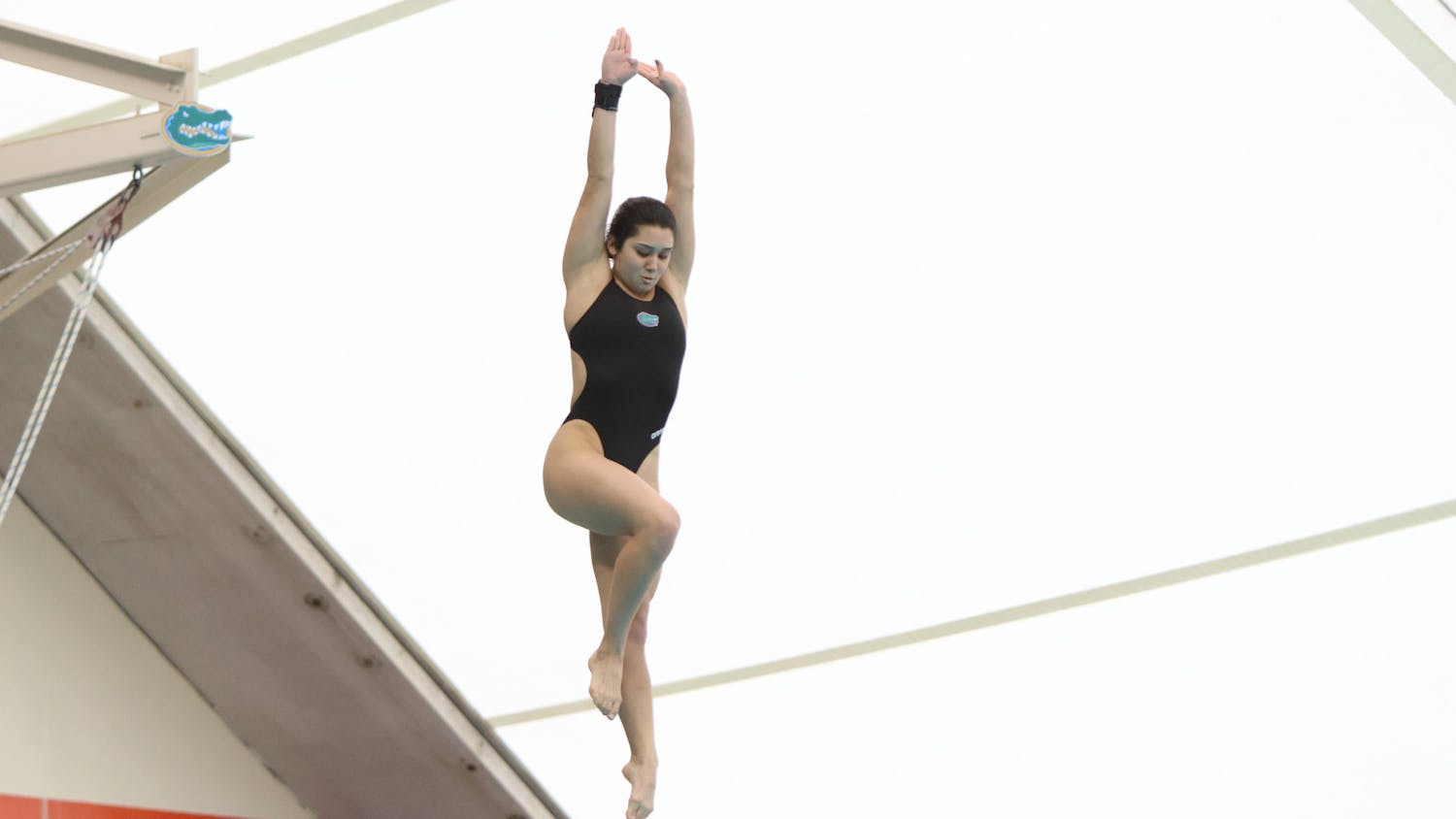Amie Kreppel is the founding director of the Jean Monnet Center of Excellence and associate professor of political science.
AM: Should poorer EU nations follow the example of Germany in welcoming refugees?
AK: Nobody is asking the Eastern European member states to do exactly what the richer states are doing.
The quota system is based partially on population but also on available resources.
Until now, there has been an incredibly unfair situation in which Greece and Italy have taken the lion’s share of those flowing into Europe, while the rest of Europe did little to help.
Now the countries of Eastern Europe have become the frontier of choice and are demanding assistance from the other member states.
The point is that Europe needs to act jointly to tackle the problem.
AM: Do refugee flows pose a security risk?
AK: There are already so many actual European citizens turning to ISIS and other extremist groups; the increased risk of new refugees secretly belonging to these groups is relatively marginal.
AM: How is the refugee crisis affecting the popularity of the EU?
AK: The initial inability to act has been a substantial blow. The fact that it is now trying to act is positive for the EU.
The crisis has made people in older member states more skeptical about the decision to let in all of the Eastern Europe countries, and about their democratic character.
It has particularly affected Hungary, which was already flirting with non-democratic practices, and made it more difficult for people to ignore Orbán’s trepases.
But in other ways it’s been relatively positive. There are many images of people across Europe welcoming refugees.
AM: What type of party is the Movimento 5 Stelle?
AK: Personalistic and semi-populist. Calling it a political party is problematic because it’s personality based; there’s very little ideology.
It’s not so different from Silvio Berlusconi’s party, initially. When Berlusconi first ran for office, the ad campaign was "Forza Italia," which is a cheer used at soccer matches, "Vai Forza Italia!" His advertising campaign put up billboards that said "Forza Italia," but it was not clear what they were for.
It looked like a Swatch campaign. There was no party platform or political ideology.
It’s ironic that Beppe Grillo created the M5S in part in opposition to Berlusconi and politics as usual, but his methodology is not that different from Berlusconi’s: It’s all about him.
The M5S party has more of an ideology than Berlusconi had at first, but not a policy platform. It is not an institutionalized party, but it has the potential to endure in Italy because it feeds into a lot of discontent.
AM: What did Berlusconi teach us about democracy?
AK: Berlusconi played into the myth of identity in Italy as well. This is the Italy that is a country of culture, wealth, savoir-faire and power, where men are men, and women are women.
That resonated with many, particularly those who didn’t live that kind of life themselves.
In the U.S., Donald Trump finds support in a similar fashion. He can argue, "I can say whatever I want because I’m independent, I’m powerful and I can get the beautiful babes." Vladimir Putin plays the same game. So perhaps Berlusconi is one example of a broader trend, a more general type of political leader.
AM: How has the right in Italy changed?
AK: The changes to the center-right have been a function of the Tangentopoli and Mani Pulite scandals of the 1990s, and the recognition that having one party in power for such a long time necessarily leads to corruption.
With the end of the Christian Democrats and the absolute fragmentation of the party system on the center-right, you had the opportunity for a variety of parties. You already had a rise of nationalist, xenophobic parties such as the Lega Nord.
You had a re-burgeoning of the former Movimento Sociale Italiano, the former neo-fascists, who became the Alleanza Nazionale and joined the Berlusconi Government, and you had the rise of Berlusconi, who was able to come to power because of the vacuum in the center-right.
People don’t often realize how catastrophic the mid-1990s political upheaval was. Italy was a country on the verge of real systemic crisis.
If these things had been occurring in Africa or Latin America, the headlines would have read, "Democracy in crisis."
But because Italy is Italy and because Italy is in Europe, it was just, "Oh, Italy’s a little shakier than it usually is."
Ann Manov is a UF French, English and Spanish senior. Her column appears on Mondays.





